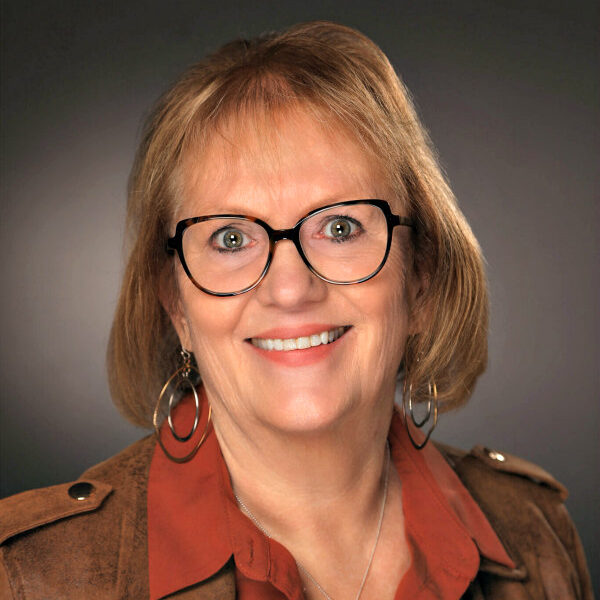Hiding In Plain Sight – by Caroline Jones, Guest Contributor and Licensed Mental Health Practitioner

Parenting is an adventure; this much is true. And just like any great adventure, it involves great fun and exhilarating highs, as well as deep lows filled with painful but valuable life lessons. Humility is an ongoing lesson for me, both as a parent and as a therapist. And just like cyber-bullying, our own self-awareness, or lack thereof, can hide in plain sight.
Prior to my daughter hitting her middle school years, I felt somewhat prepared for pre-teen drama, as I have worked with countless students just brimming with angst and end-of-the-world emotion. In fact, I felt I had all but mastered empathy responses paired with reality therapy. However, as we all know, parenting is a “whole ‘nother’ ballgame”. I don’t feel I have ever been prepared, (as the old X Gen parent) for the insidious, millennial sub-culture that is cyber-bullying.
Unfortunately, my first encounter found my own pre-teen daughter at the helm. I won’t go in to great detail but needless to say, my daughter faced grave consequences. In the process, it forced me to look in the mirror at my own bad habits of venting at will, holding grudges, and choosing defensiveness as opposed to openness.
Fast forward to the present and the “cyber drama” is still there and becoming more and more difficult to pinpoint, as our youth are getting better and better at hiding it. But could that be because we as adults are getting better and better at hiding our own level of consciousness? I am compelled to quote a great book entitled, Enough, by Kate Conner. In response to drama (in this book, girl drama to be exact) Kate writes, “A girl starving for validation and stimulation is danger enough; she is insecure and bored, a recipe for disaster. But what happens when these natural, universal human longings are compounded by bad social habits? Armageddon?” Conner goes on to joke that Armageddon may be preferable to the never-ending drama train that often ensues. (Connor, 2014)
Armageddon does sometimes seem pretty darn accurate, though, when I look at the past few years of my daughter and her friend’s social media drama. Is it any wonder when we are surrounded by so much drama in our world today? I mean, I love jokes as much as the next person, but when do we draw the line between joking and bullying in our completely hostile political and social environment? At great risk of sounding trite, I really do believe that as parents, we are called to look at ourselves and our own bad habits in order to teach and form our children’s. Conner also writes, “The bad habits that fuel drama are things like her sharing, defensiveness, venting, and retaliation.” Therefore, “the greatest weapons against drama are perspective, grace, and self-control.” (Connor, 2014)
In the U.S. today, we are surrounded by political drama, celebrity drama, family drama, friend drama, and the list goes on and on and on. As parents, as therapists, as role models in general, let’s all just start with ourselves. Let’s continue to look in the mirror and challenge ourselves to let the drama stop with us. “Assume everyone is doing the best they can. Offer the benefit of the doubt. Mind your own business. Choose your battles. Don’t take it so personally; eliminate defensiveness. Evaluate. Am I speaking to help? Or am I speaking to feel better? Be humble. Be gracious. Don’t believe everything you think”. (Connor, 2014)
Let’s not let our own drama hide in plain sight, masked by jokes and self-righteousness. Let’s address our problems with humility and kindness and in turn teach responsible social citizenship to our children.
Works Cited:
Connor, K. (2014). Enough: 10 things we should tell teenage girls. B&H Books.
Tags: cyber drama, parenting children to be kind, weapons against dramaABOUT THE AUTHOR

Janie Pfeifer Watson
Licensed Independent Clinical Social Worker
Licensed Independent Mental Health Practitioner- Janie Pfeifer Watson, LICSW, is the founder and director of Wholeness Healing Center, a mental health practice in Grand Island, Nebraska with remote sites in Broken Bow and Kearney. Her expertise encompasses a broad range of areas, including depression, anxiety, attachment and bonding, coaching, couples work, mindfulness, trauma, and grief. She views therapy as an opportunity to learn more about yourself as you step more into being your authentic self. From her perspective this is part of the spiritual journey; on this journey, she serves as a mirror for her clients as they get to know themselves—and, ultimately, to love themselves.
LATEST ARTICLES BY Janie Pfeifer Watson
- Loneliness and Its Impact
- Gentle and Grounded – A Mindful Reset for 2026
- Glimmers of Light – Nurturing Joy During the Holidays
- Live Stronger: Strength, Balance, and Social Connection after 50 Stay strong. Stay Connected. Stay independent.
- Healing is a Lifelong Journey, and It Doesn’t Happen in a Straight Line
Subscribe today
Sign up to receive the latest mental health tips and inspiration